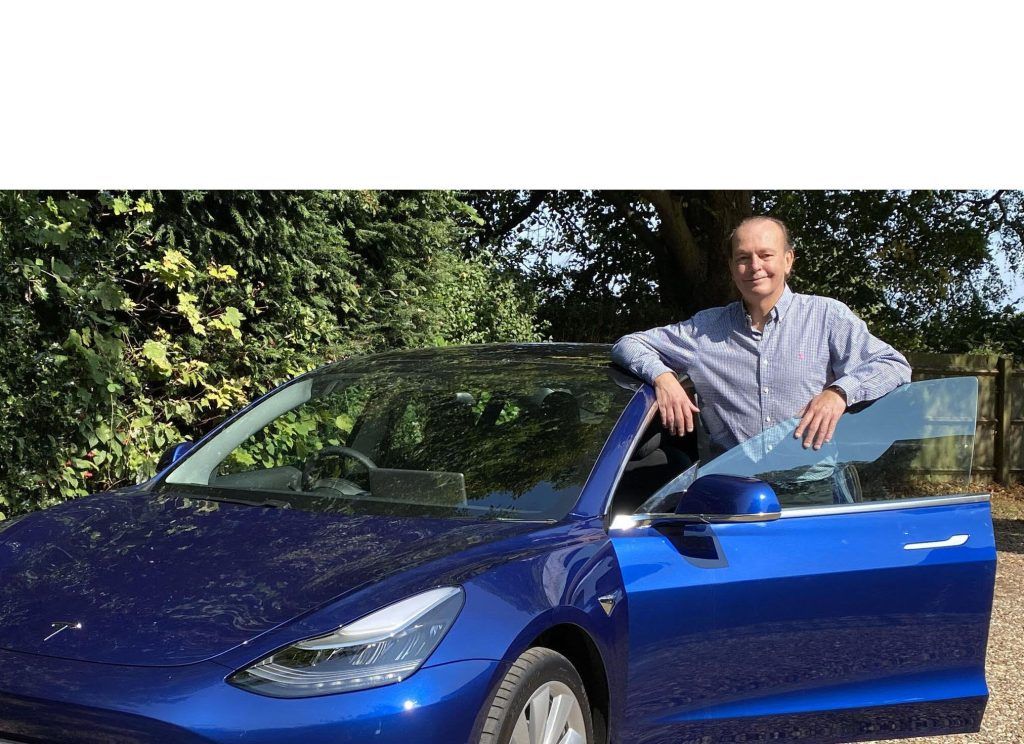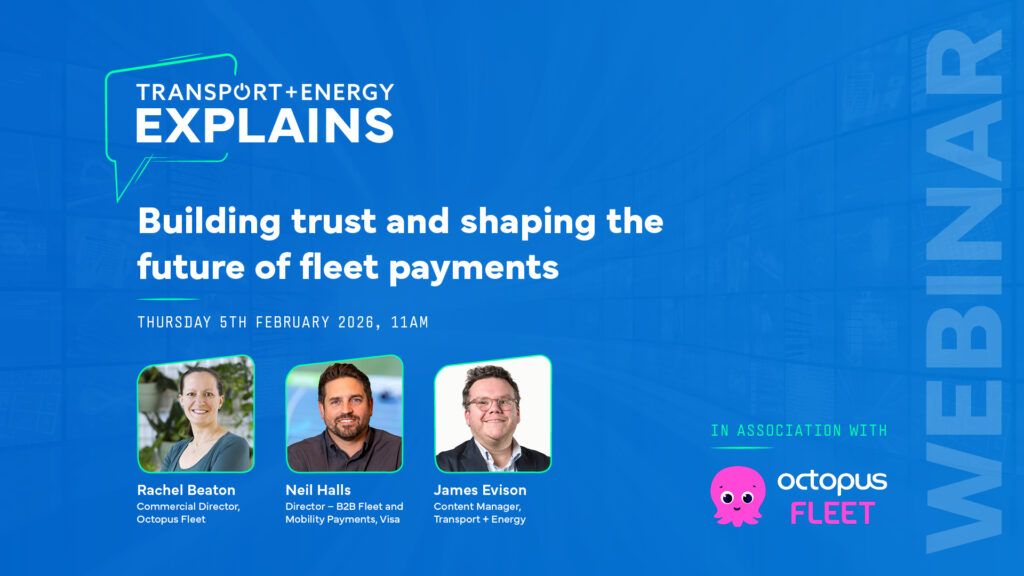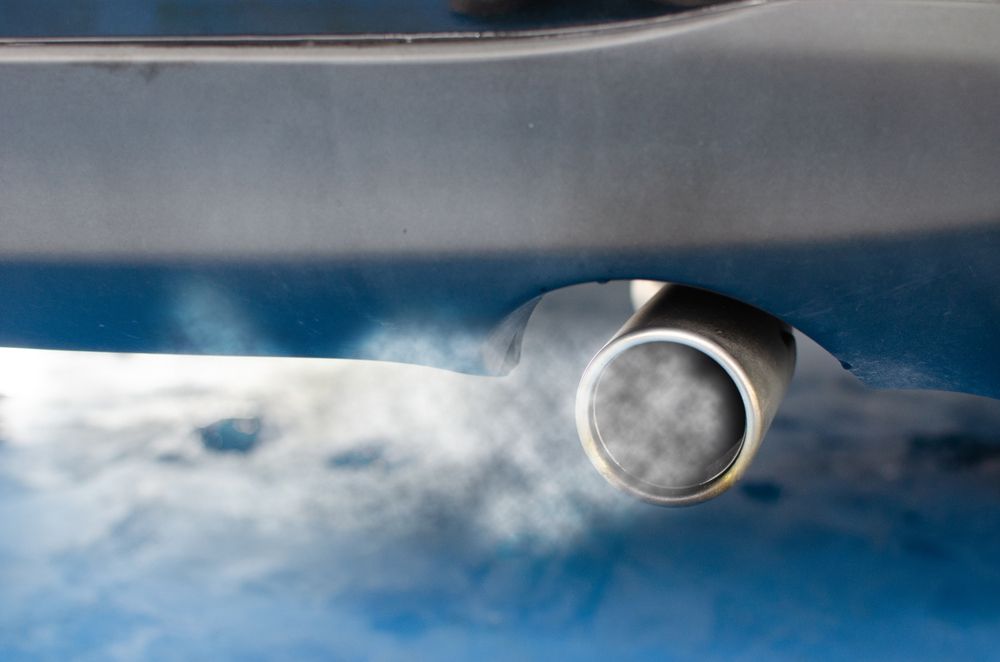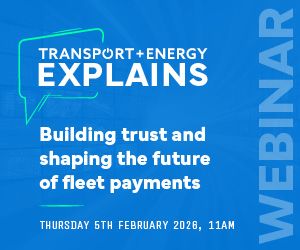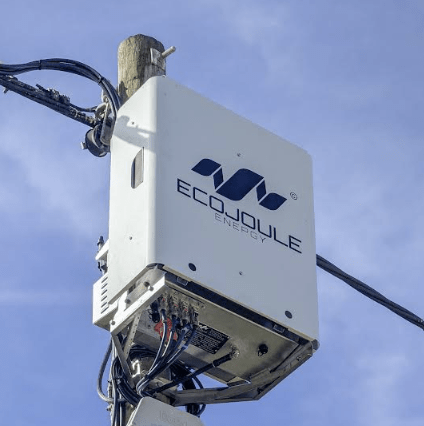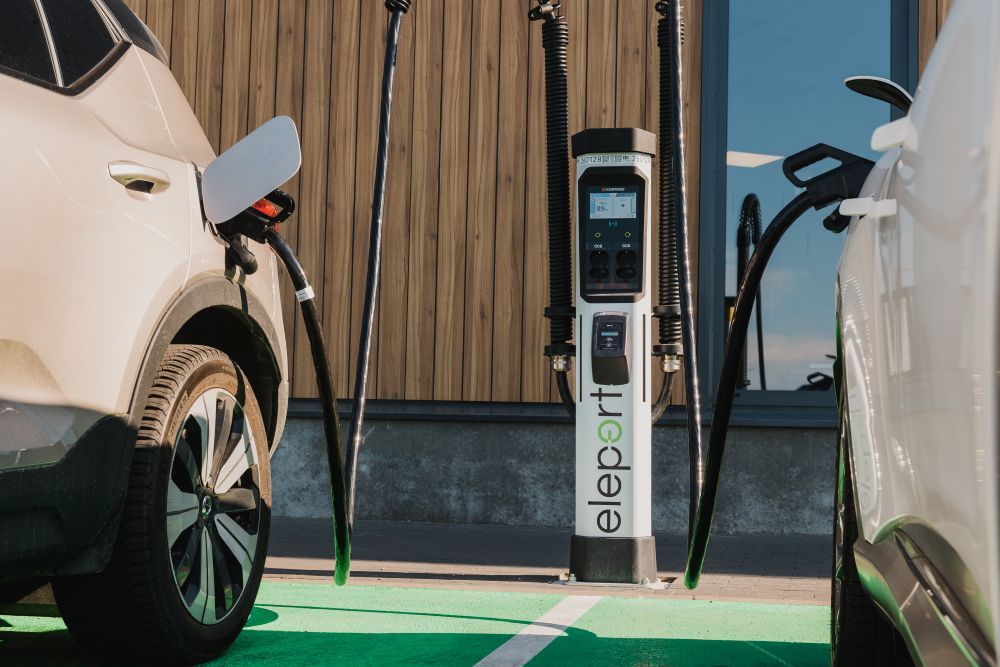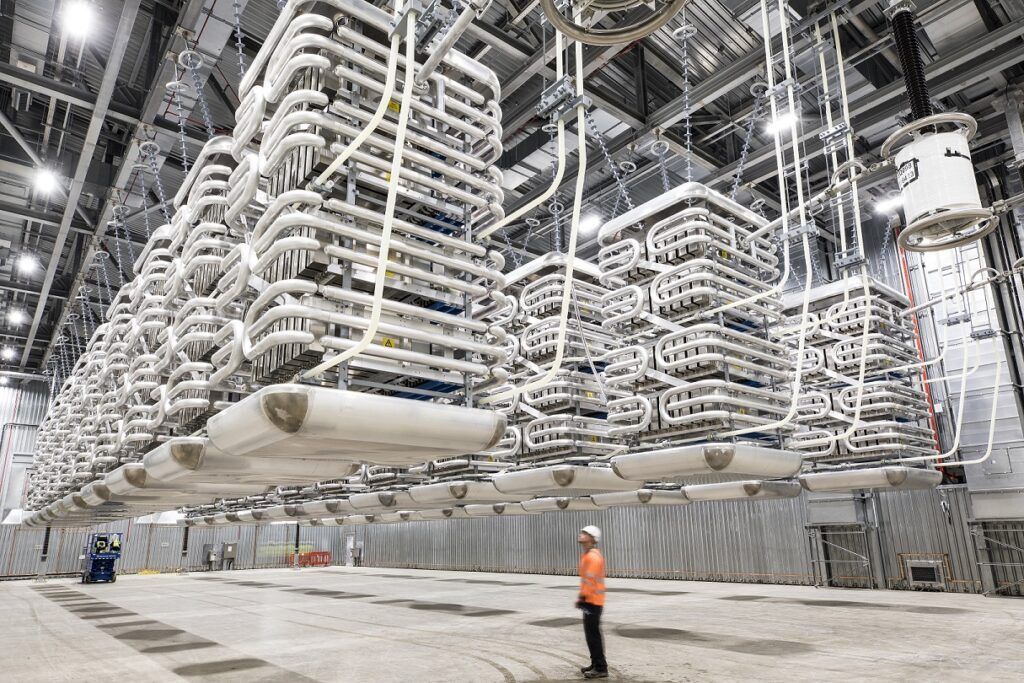Quentin Willson has officially launched a new EV and charging campaign which will lobby the government for fair charging, infrastructure and promote a wider understanding of electric cars.
Speaking exclusively to Transport + Energy, the award-winning motoring broadcaster and transport campaigner laid out his reasons for launching the FairCharge campaign.
He said: “Having campaigned hard for 10 years for Fair Fuel UK and seeing how effective it could be as a lobbying campaign, priorities and landscapes change. We’ve now got the opportunity to look at electric technology in a different way. We know it works. We need to drive electrification forward otherwise we’ll see the same situation as we have with petrol and diesel where the electricity market is controlled by outside actors and pricing becomes a wild west dominated by foreign cartels. We need market stability and energy security.”
Willson campaigned on behalf of Fair Fuel UK – an industry-funded lobby group that campaigns against charges and taxes on UK motorists.
Since 2010 Fair Fuel UK has saved drivers over £100bn in planned tax hikes in fuel duty and VAT.
Having made the decision to walk away from Fair Fuel UK last year the former Top Gear man is now fully focused on lobbying the government on behalf of EV drivers.
He recently wrote to the Treasury to demand they reduce the VAT rate levied at public EV chargers from 20% to 5%.
“This is going to disable a huge amount of people and disincentivise them to drive EVs. It’s a nutty policy blunder that needs to be sorted out. And we can do that,” he remarked.
Willson, who sits on the editorial board of Transport + Energy and writes an exclusive monthly column for the publication, has requested a meeting with the Chancellor Rishi Sunak to discuss how to “turbocharge” EV adoption in the UK.
In the letter he says: “The current mismatch between the rates of VAT charged for domestic electricity and that on public charge points is creating a disincentive to EV adoption, and for the 30 to 40% of UK drivers who don’t have on-street or driveway charging, an unfair burden. The current policy disadvantages many lower income EV drivers and those who live in cities, who have no option but to use public EV chargers.”
Through FairCharge the seasoned transport campaigner wants to ensure that the Government doesn’t roll back on previous promises which it has made.
“There’s growing pressure to dilute some of the government’s green strategies, so I’ll be saying, hang on, you can’t promise us all the sustainable vision of a clean energy future, and then have number 11 say, no, sorry. That’s off the menu now. Because we all know we must. It’s historic as we really have a once in a generation opportunity to transition from polluting fossil fuels into low carbon, sustainable, renewable electricity. And if we don’t do it, then it will be to our eternal shame for generations to come.”
One of the key objectives of the group will be to help ensure a wider understanding of electric vehicles.
“We must promote a wider understanding of electric cars – to ministers, politicians, and the public to help bust all the legacy myths which are being reheated by forces that are becoming more vocal and strident against electrification,” comments Willson.
Willson previously outlined his concerns about the amount of information doing the rounds designed to discredit electric vehicles (EVs), in his first ever column for Transport + Energy.
“I’m absolutely adamant there are a lobbyists funded by moutains of money that are going to try and destabilise this. We need to keep working and keep the awareness and education flowing so people can make their own decisions and not be influenced by vested interests.”
But what has he learnt from his previous history of campaigning that he can take into the FairCharge campaign?
“It’s all about supporters and followers. It’s all about having your constituents and your congregation who can show how or what the strength of feeling is, and make sure that you can put that at Government’s doorstep and say, look, we now have a million people who want to see this happen. Obviously, it takes time, but building up that congregation is what it’s all about.”
The campaign is being backed by the European Climate Foundation and aided by veteran lobbyist Peter Carroll of Tendo Consulting, who was behind the Fair Fuel campaign with Quentin. Peter also worked with Joanna Lumley on the successful Gurkha campaign plus others like removing VAT on E books and securing legislation on medical cannabis.
“Peter has got the political access to make sure that we are in the House of Commons and we are educating MPs, who in the nicest possible way really do need to be more exposed to electric cars. I’m hearing questions from MPs about battery life and battery degradation, which were being discussed four or five years ago. And worringly, that means that they’re not being told about the latest developments and technological advances.”
I’m hearing questions from MPs about battery life and battery degradation, which were being discussed four or five years ago. Worryingly, that means they’re not being told about the latest developments and technological advances.
Benefits of switching to EVs
The health benefits of switching to clean, zero emission transport is something else that Quentin wants to highlight through FairCharge.
“There’s work to be done on questions like does driving an EV make you healthier and safer? And we don’t know the answer to that because you tend to drive more gently, you are usually not in a hurry, because you’ve got to stop and charge, you tend to be less stressed, more chilled. And certain cars have got better micro filtering, so you don’t get the particles into the cabin. It would be nice to prove that EV drivers are healthier than drivers of combustion cars. And none of this work has been done. We haven’t done any work on the total ownership costs of running an EV over three or five years. Nobody seems to be factoring the lack of depreciation. Some EVs are actually appreciating. The Tesla Model 3 and Porsche Taycan could be the slowest depreciating cars in the UK right now retaining up to 70 per cent of their value after three years. So, this old argument that EVs are too expensive disappears when you look at the retained value compared to petrol and diesel cars. The lack of depreciation, which is beginning to be a real force in the market, could mean that long term they are significantly less expensive to own than their combustion equivalents. I want to commission work that gives us empirical data that we can show to people and say, look, this is independent, it’s true, these cars are better for you, they’re better for the environment, they cost less to run, etc. Because nobody’s doing that.”
Having the backing of the European Climate Foundation will help drive the campaign forward.
“With Fair Fuel we literally did it from the kitchen table. But the world has changed and social media dominates everything. You do need to fund it properly. And you need to have social media managers and people who understand how this works. Being properly funded means that we can do that. We can collect data, we can commission new research, and we can have people that are managing social media so we get the best exposure across all those different platforms.”
Although there is still a lot of work to be done and myths that need busting Quentin remains upbeat about the future.
“2021 was the year of the tipping point. You saw more and more electric cars on motorways and in general use as well as getting more media attention. We also saw more and more anti EV stuff which was so obviously lobbying from vested interests. We knew those vested interests were worried. We all started to realise that a consumer shift was happening.”
Despite this positivity he still sounds a note of caution and reemphasises the importance of the FairCharge campaign.
“The fact that there are so many Kia’s, so many Hyundai’s, so many Tesla’s and I-Pace’s around us now means we know that EVs work and are reliable.
“We know these drivers aren’t running out of battery, that they’re not failing, that the cars are working, that businesses are getting EVs and taking the incentives. It’s a model that is functioning well. It just needs another couple of years of help to make it the gold standard that we want, and for this country to lead on it. We are ahead, certainly of America and Europe. The UK is the number one market for Tesla in Europe. And what gives us the edge is our fantastic battery ecosystem – Warwick Manufacturing Group, the Faraday Institute, UK Battery industrialisation Centre, and of course Britishvolt’s upcoming massive new Gigaplant in Northumberland. It’s all so promising and close enough to touch, but my greatest fear is that the government loses its bottle. We can’t let them backslide on their promises.
“And that’s where I come in. I will be hammering on both those doors – number 10 and number 11 – and saying ‘do not fail us’. Because there’s a generation and another generation and a generation after that, who expects you to do the right thing, because we now have the technology to be able to do so. And you must not cave into your political ambitions at the next election or vested interests. That’s my job now.”
A message for the car makers and Boris
2021 was the most successful year in history for EV uptake as more new battery electric vehicles (BEVs) were registered than over the previous five years combined, according to figures from the Society of Motor Manufacturers and Traders (SMMT).
Having driven and reviewed thousands of cars in his lifetime, Quentin also has a message for the car makers who have had to quickly pivot to keep up with demand for EVs.
“They need a clear landscape and a clear glide path to make business plans that can stretch for the next 10 years. The government has to make it clear that their policies are long-term so the auto makers can plan and invest. We need a UK motor industry that’s buoyant and profitable.
“I speak to the SMMT and they want electric cars and the associated infrastructure as this will give their members the confidence and certainty to make business plans. Our motor industry is endlessly inventive. Cars like the Jaguar iPace, Nissan Leaf, Electric Mini, Porsche Taycan and Audi e Tron are proof that our industry can do electrification. And they’ve produced word-class EVs like these in only a few years.
“We need to give the UK motor industry, which is worth £8 billion of GDP and employs almost a million people, all the help we can because they will not stay in the UK, if it’s not an electric car friendly climate. They will just go elsewhere. And if we can’t supply them with the batteries here, they will go to where the batteries are, which is inevitably abroad. The motor industry needs certainty, and the government needs to meet these signals that say ‘we’re here for the long term’. That our strategy is electrification and it’s here for the duration.”
Finally, as well as meeting with the Chancellor Quentin wants to meet with the Prime Minister.
“Boris and I used to stand in front of charge points together in supermarket car parks and be photographed when he was Mayor of London. And he was passionate about it. We would chat animatedly about electric cars. He does have that EV DNA in him and can make this happen. But he’s obviously eternally distracted. I need to remind him that this is what he’s good at, and it’s his moment to make history. To make a difference to the air we breathe, to our energy security and reduce the current woeful levels of urban traffic pollution.”
The transport and energy sectors will be watching closely to see if he does.
For further information visit www.faircharge.co.uk Twitter: @fairchargeuk Tendo Consulting: The Hop Exchange, London. SE1 1TY



